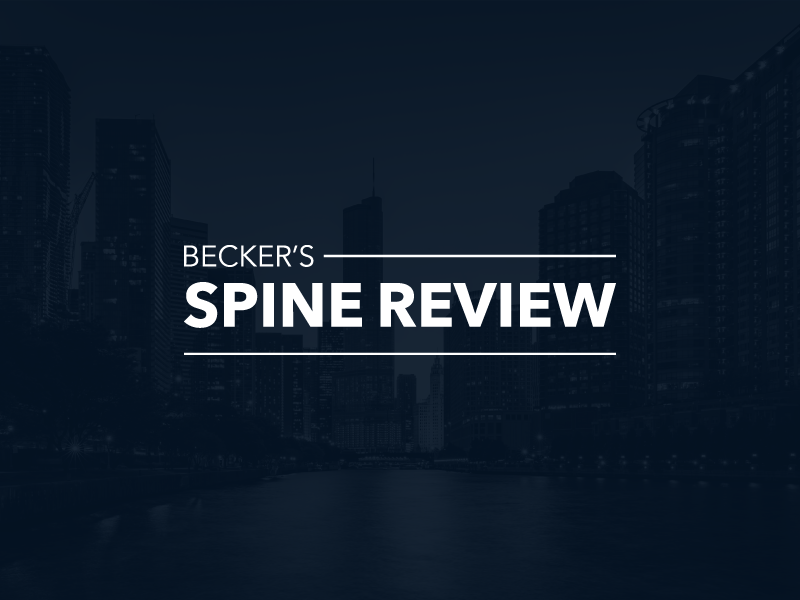Seeing patients. That's what they were doing. I'd happily see all the patients in the hospital if I didn't have to document BS for 5 hours a day. EMRs need to exist SOLELY for patient care and nothing else.
Except that employees in every other profession can change jobs. Try telling a surgical intern that he/she can change jobs.
Burnout is not depression and calling it that sends an inaccurate and, I dare say, dangerous message. One can become depressed due to burnout. One may have a depressed mood due to burnout. But burnout does not equal depression.
Journalists can change jobs. They can even change duties. A journalism degree can do many other things - marketing/PR, politics (either as a press secretary, a legislative/speech writer, a campaign spokesperson, etc), writer (fiction or non-fiction), speech writing, publicist, radio host, television host/anchor/reporter, magazine editor or writer, newspaper writing/editing, publishing, website design and brand creation, spokesperson/communications director at any number of non-profit and for-profit companies (or hospital or school or virtually any other organization), etc, etc, etc. A medical degree? Not so much.



